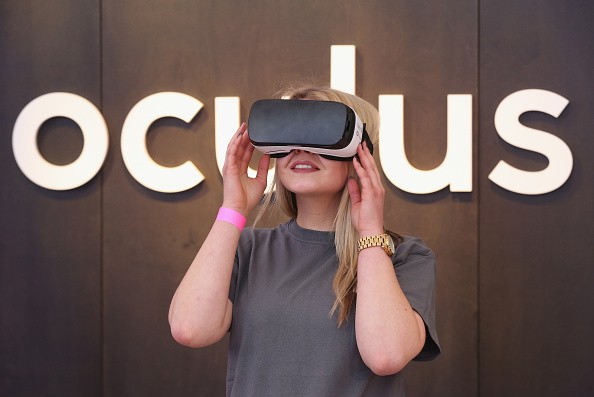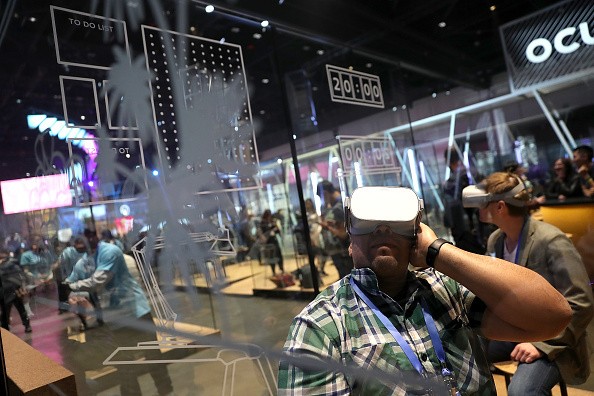Facebook announced its Oculus Quest 2, the latest version of the successful standalone virtual reality (VR) headset. Compared to its predecessor, the new device has more computing power, a sharper screen, and a lower price since it is $100 less.

Oculus Quest 2 is the latest innovation of Facebook for its long-term strategy for making VR more popular and accessible. The social media platform brought all its VR work to its Facebook Reality Labs.
Its VR headset also received new applications such as the Infinite Office VR workplace. Facebook also announced that a user login would be required for future Oculus versions.
However, the consumers became concerned with the compulsory link to Facebook, considering that the social media giant has previously received negative feedbacks. Another reason is that Facebook's VR device could be the most data-extractive product of the company.
Oculus was initially designed for gaming until CEO Mark Zuckerberg announced that he wants VR for social media interaction. He said that he sees VR as a pathway to a new kind of "social computing platform," which uses VR's enhanced feeling of presence.
VR could be promising since it could provide Facebook users with new possibilities for training, entertainment, connecting, and learning with other individuals at a distance. However, experts said it could also be used to deliver targeted ads since Oculus would likely function via Facebook's extracting data's business model and existing social computing platform.
Facebook's VR could possibly extract "real" data
Experts explained that a virtual reality headset not only collects user's data, but it also gathers information about the outside world. This feature is one of the emerging "mixed reality" technologies' ethical issues.

Also Read : LG Unveils Hair Growth Helmet with 16 LED Lights to Stimulate Hair Growth and Slow Down Baldness
Jeremy Bailenson, an American VR researcher, explained that commercial VR systems, like Oculus 2, usually tracks body movements 90 times every second to display the scene appropriately.
"And high-end systems record 18 types of movements across the head and hands. Consequently, spending 20 minutes in a VR simulation leaves just under 2 million unique recordings of body language," he further explained.
This means that Facebook's VR headset could use your body movements to identify your identity. Since Oculus Quest 2 also has outward-facing cameras, it could also locate your surroundings.
The company's VR headset uses SLAM (Simultaneous Localisation and Mapping) to identify the headset's movements in 3D space, giving the device another opportunity to collect data about the real world.
For more news updates about Facebook's Oculus Quest 2, always keep your tabs open here at TechTimes.
This article is owned by TechTimes,
Written by: Giuliano de Leon.
ⓒ 2026 TECHTIMES.com All rights reserved. Do not reproduce without permission.




